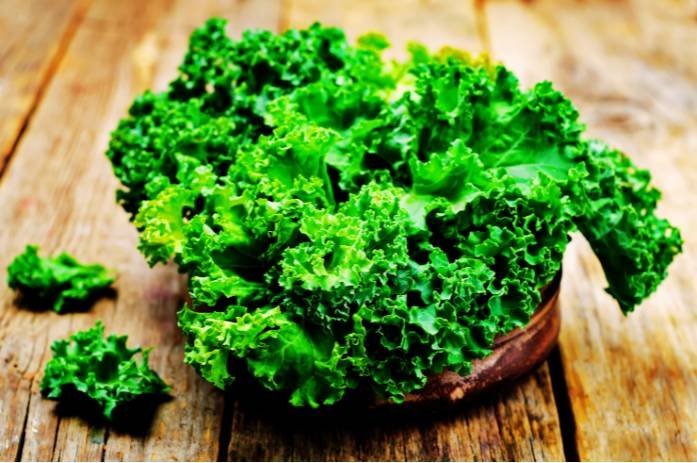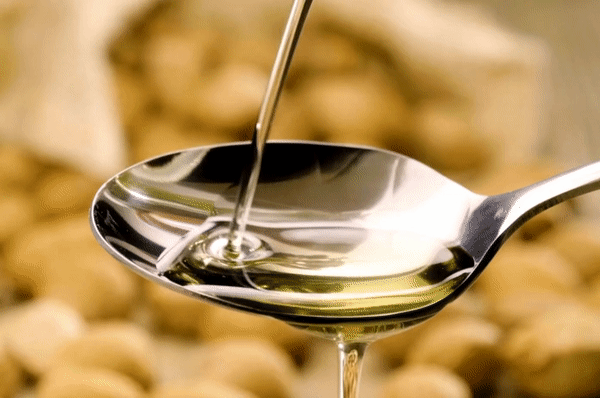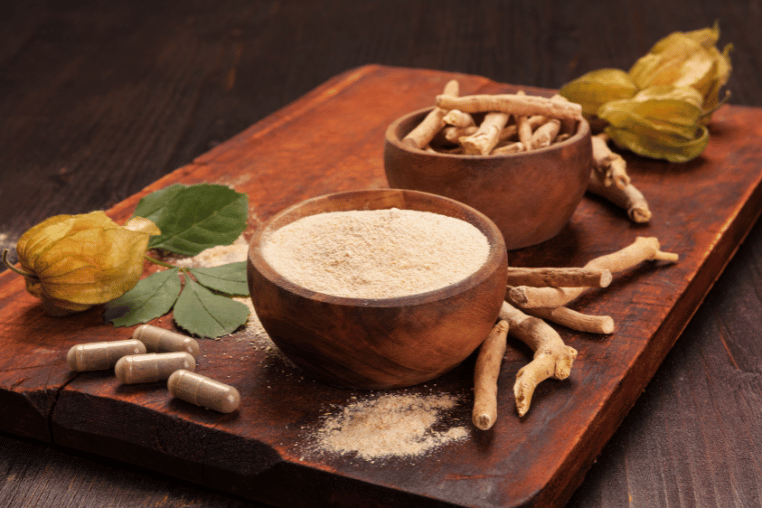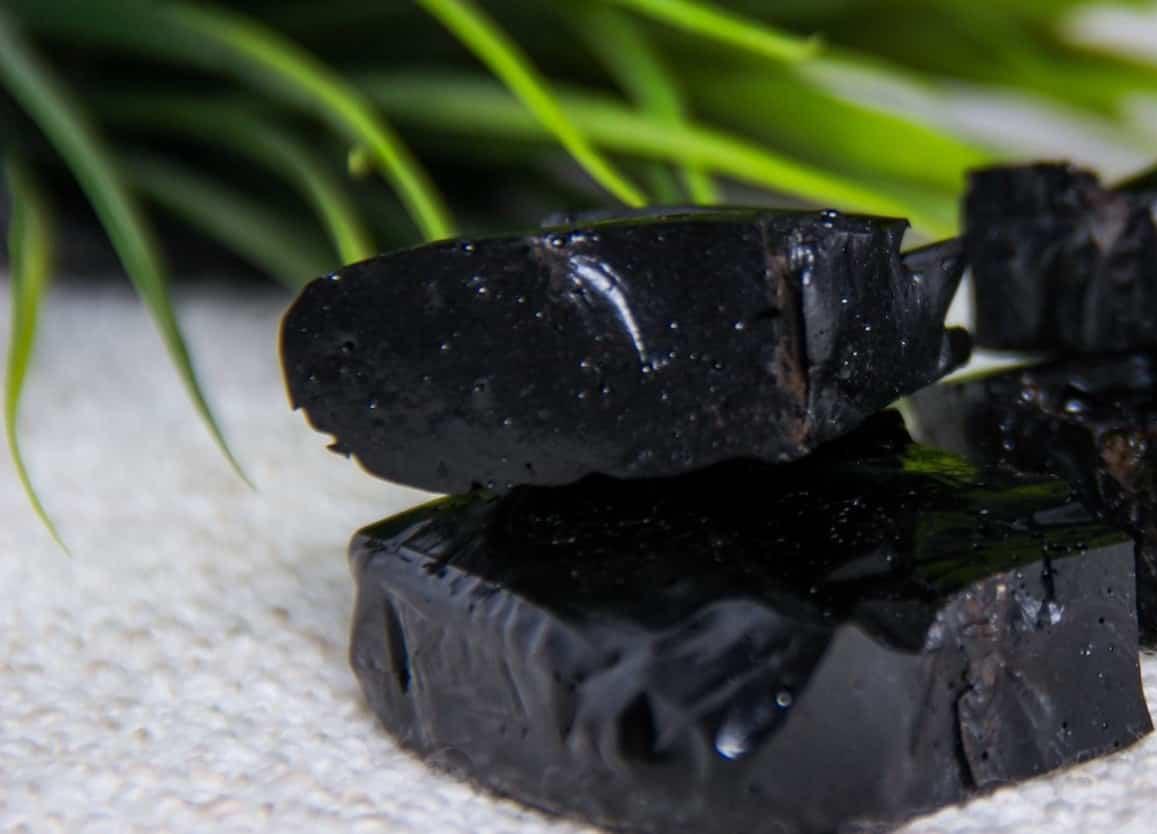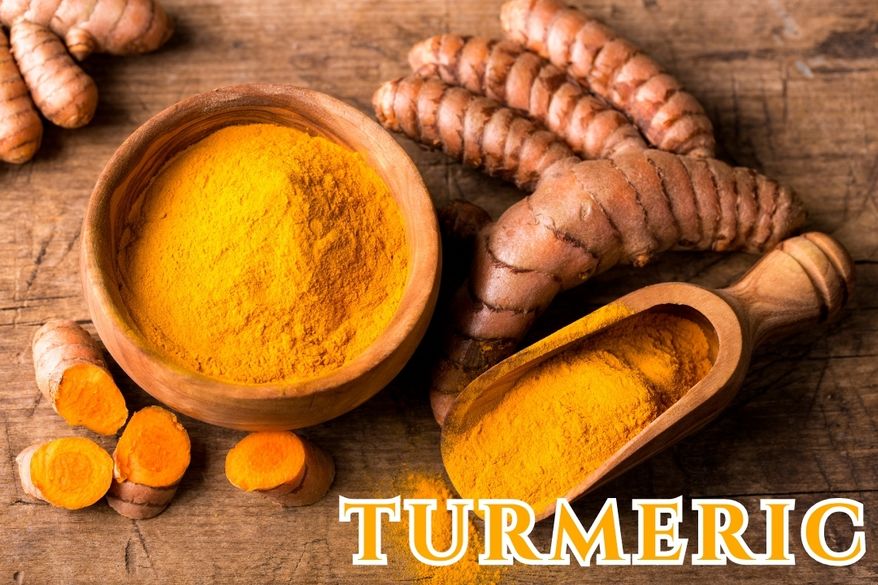
Professional Nutritionist
Introduction: The Versatile Elixir of Health
Olive oil, often hailed as a cornerstone of the Mediterranean diet, has gained popularity for its numerous health benefits. Beyond being a staple in culinary traditions, olive oil offers a wide range of advantages that promote overall well-being. From cardiovascular health to brain function, digestion, and even skin and hair care, this remarkable elixir has been celebrated for centuries for its remarkable properties.
The Nutritional Profile of Olive Oil
Olive oil is derived from the fruit of the olive tree and is primarily composed of monounsaturated fats. This oil also contains essential vitamins, such as vitamin E and vitamin K, along with beneficial antioxidants. It is the combination of these nutrients that contributes to the various health benefits associated with olive oil consumption.
Nutritional Value of Olive Oil per 100 grams
- Calories: 884
- Total Fat: 100 grams
- Saturated Fat: 14 grams
- Monounsaturated Fat: 73 grams
- Polyunsaturated Fat: 11 grams
- Cholesterol: 0 milligrams
- Sodium: 2 milligrams
- Potassium: 0 milligrams
- Carbohydrates: 0 grams
- Fiber: 0 grams
- Protein: 0 grams
Please note that these values may vary slightly depending on the brand and type of olive oil.
Heart-Healthy Properties of Olive Oil
- Promoting Cardiovascular Health
Olive oil is renowned for its heart-protective effects. Its monounsaturated fats help maintain healthy cholesterol levels, reducing the risk of cardiovascular diseases.
- Lowering Blood Pressure
Studies have shown that regular consumption of olive oil can help lower blood pressure, thereby reducing the strain on the heart and minimizing the risk of hypertension-related complications.
- Reducing LDL Cholesterol Levels
By replacing saturated fats with olive oil in your diet, you can effectively lower LDL (bad) cholesterol levels, contributing to a healthier cardiovascular system.
Antioxidant and Anti-inflammatory Effects
- Combating Oxidative Stress
The antioxidants present in olive oil, such as polyphenols, help combat oxidative stress caused by free radicals in the body. This protection against cellular damage is crucial for maintaining overall health.
- Alleviating Inflammation
Olive oil possesses potent anti-inflammatory properties, which can help reduce inflammation in the body. Chronic inflammation is linked to various diseases, and olive oil’s anti-inflammatory effects may contribute to improved overall health.
Support for Brain Health
- Cognitive Function and Memory Enhancement
Olive oil’s rich composition of antioxidants has been associated with enhanced cognitive function and memory. Regular consumption may help protect against age-related cognitive decline.
- Protection against Neurodegenerative Diseases
Studies suggest that the antioxidants and anti-inflammatory compounds in olive oil may help protect against neurodegenerative diseases, such as Alzheimer’s and Parkinson’s, by reducing oxidative stress and inflammation in the brain.
Digestive System Benefits
- Aiding Digestion
Historically, olive oil has been employed as a digestive aid. Its consumption can help stimulate the digestive system, promoting better nutrient absorption and alleviating digestive discomfort.
- Preventing Gallstone Formation
Research indicates that the regular consumption of olive oil may reduce the risk of gallstone formation, a common digestive disorder. The oil’s properties stimulate the gallbladder and help maintain bile flow.
Potential Cancer Prevention
- Anti-cancer Properties
Olive oil contains compounds with potential anti-cancer effects, such as polyphenols and oleocanthal. These substances exhibit antioxidant and anti-inflammatory properties, which may play a role in preventing cancer development.
- Diminishing the Risk of Specific Cancer Types
Studies suggest that olive oil consumption may reduce the risk of specific types of cancer, including breast, colorectal, and digestive tract cancers. Nonetheless, additional investigation is required to ascertain conclusive findings.
Managing Weight and Promoting Satiety
- Assisting in Weight Loss Efforts
Incorporating olive oil into a balanced diet can aid in weight loss efforts. The monounsaturated fats in olive oil help control appetite, increase fat oxidation, and promote a feeling of fullness.
- Increasing Satiety Levels
Olive oil’s ability to enhance satiety contributes to better portion control and reduced snacking between meals, supporting healthy eating habits and weight management goals.
Skin and Hair Health
- Nourishing the Skin
The moisturizing and antioxidant properties of olive oil make it an excellent natural remedy for nourishing and protecting the skin. It can help retain moisture, improve elasticity, and promote a youthful appearance.
- Enhancing Hair Strength and Shine
Olive oil’s nourishing properties extend to the hair, strengthening strands, preventing breakage, and enhancing shine. It can be used as a hair treatment or added to hair care products for optimal benefits.
Incorporating Olive Oil into Your Diet
- Cooking and Culinary Uses
Olive oil exhibits versatility as a component, lending itself to numerous culinary applications. It adds flavor and nutritional value to salads, dressings, marinades, sautés, and even baking.
- Recommendations for Consumption
To enjoy the health benefits of olive oil, it is recommended to opt for extra virgin olive oil, as it undergoes minimal processing and retains the highest nutrient content. Moderation is key, and it is advisable to incorporate it into a balanced diet rather than consuming it excessively.
Quick Review
Olive oil stands as a remarkable elixir, offering a multitude of health benefits. From promoting cardiovascular health and brain function to supporting digestion, potential cancer prevention, weight management, and enhancing skin and hair health, this natural wonder has proven its worth over time. By incorporating olive oil into your daily diet, you can harness its numerous advantages and contribute to a healthier lifestyle.
FAQs (Frequently Asked Questions)
Indeed, olive oil possesses a sufficiently high smoke point, rendering it suitable for frying purposes. However, it is recommended to use extra virgin olive oil for cold applications to maximize its health benefits.
Extra virgin olive oil is generally considered the highest quality and most beneficial type of olive oil, as it undergoes minimal processing and retains the highest nutrient content.
The recommended daily intake of olive oil varies depending on factors such as age, gender, and overall calorie needs. It is advisable to consult with a healthcare professional or nutritionist for personalized guidance.
No, different types of olive oil vary in terms of quality, processing, and nutrient content. Extra virgin olive oil is considered the most superior option.
Incorporating olive oil into a balanced diet can support weight loss efforts by controlling appetite, increasing satiety, and promoting healthy eating habits.






